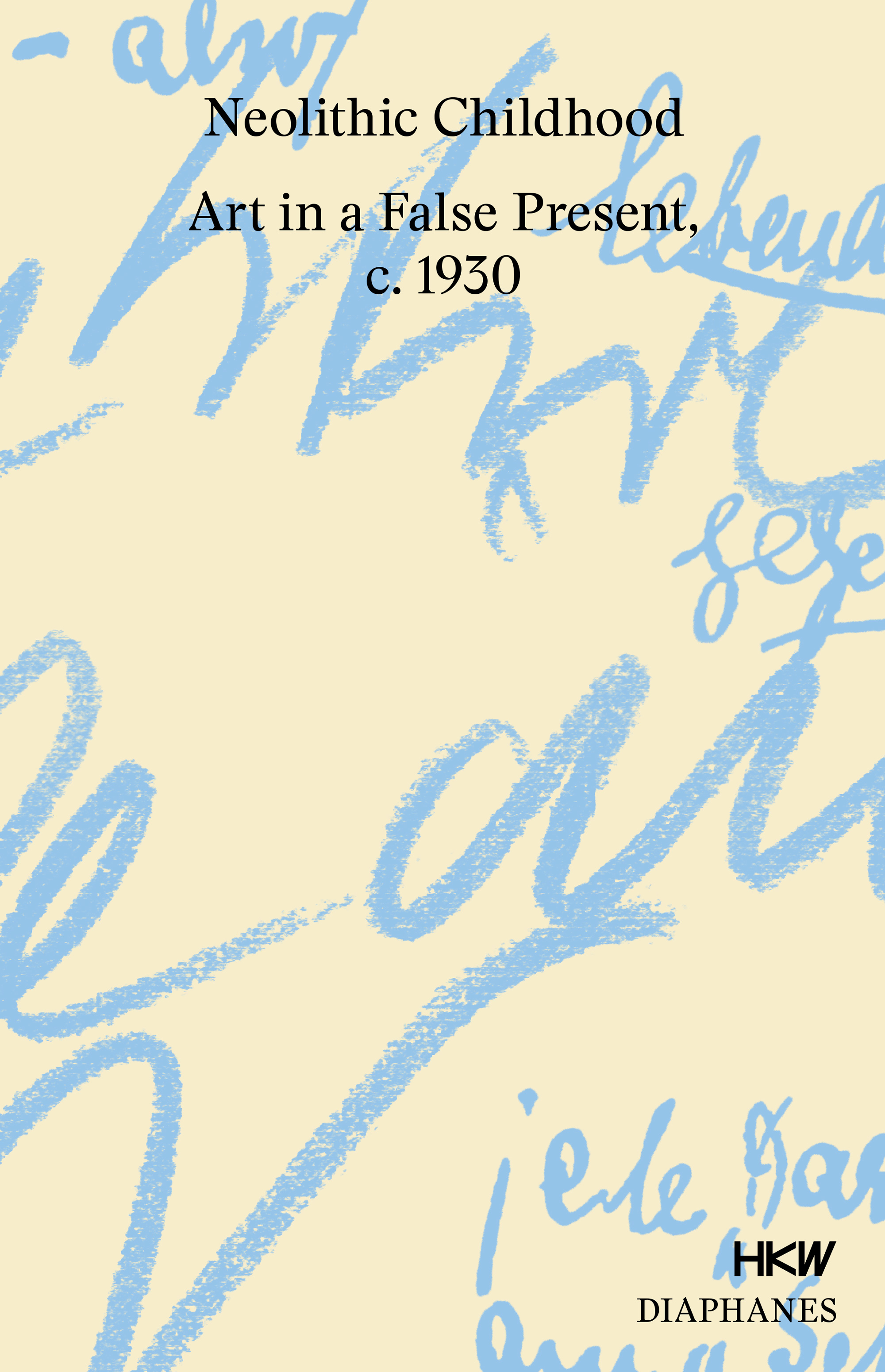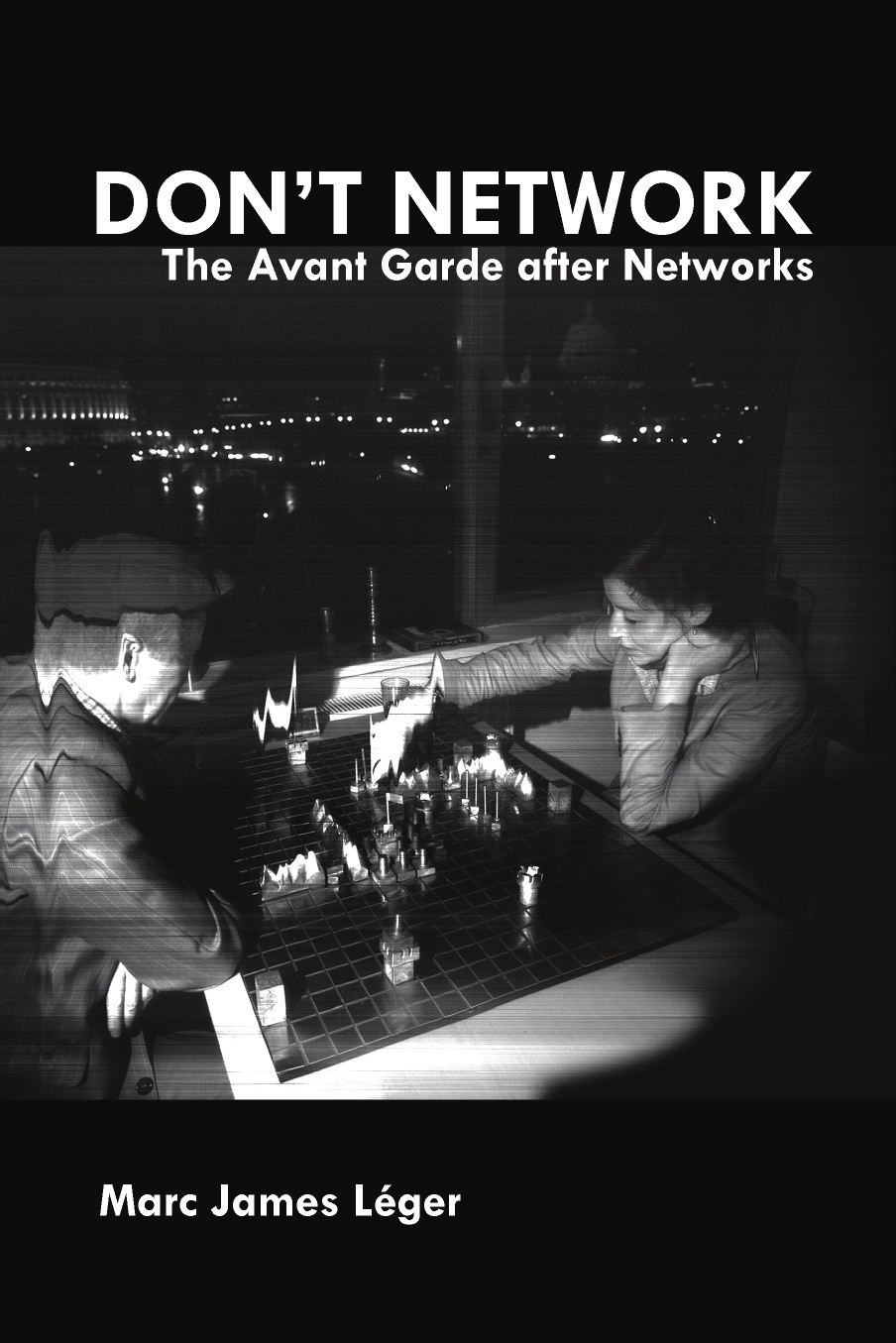Apparatus, 6: Women at the Editing Table: Revising Soviet Film History of the 1920s and 1930s (2018)
Filed under journal | Tags: · avant-garde, cinema, editing, film, film history, montage, women

“The construction of the historical narrative of film editing has the cultural invisibility of women and of collaborators embedded within it. Film histories regularly spend whole chapters describing editing as a significant revolution in the medium. However, while the names of “great directors” are evoked in these discussions, the names of editors are not mentioned: “…for the most part, the women who cut film in the silent era remained unacknowledged in film credits or the trade press. Their work was considered to be merely technical rather than creative.” […]
Collectively, the articles in this issue are shifting understanding of the editor’s work from ‘merely’ technical or ‘just helping’, which is a gendered erasure of women’s work, to understanding it as expert collaboration in filmmaking. In other words, creative work. Why is this important? Because by obscuring the creativity of the work of the hands of women who watched, sorted, cut and pasted frames of film together we obscure the women themselves.” (from Editorial)
Texts by Karen Pearlman, John MacKay, and John Sutton, Lilya Kaganovsky, Natalie Ryabchikova, Nikolai Izvolov, Adelheid Heftberger, and Esfir Shub.
Edited by Karen Pearlman and Adelheid Heftberger
Publisher Apparatus, Berlin, August 2018
Open access
ISSN 2365-7758
Anselm Franke, Tom Holert (eds.): Neolithic Childhood: Art in a False Present, c. 1930 (2018)
Filed under book, catalogue | Tags: · art, art history, autonomy, avant-garde, capitalism, formalism, gesture, hallucination, modernism, primitivism, surrealism, totality

“Resonating at the heart of Neolithic Childhood. Art in a False Present, c. 1930 is the question whether art has present, past, and future functions. The modernist assertion of the autonomy of art was intended to render superfluous art’s social and religious functions. But what if the functionlessness of art comes under suspicion of being instrumentalized by bourgeois capitalism? This was an accusation that informed the anti-modernist critique of the avant-garde, and particularly of Surrealism. The objective throughout the crisis-ridden present of the 1920s to the 1940s was to reaffirm a once ubiquitous, but long-lost functionality—not only of art.
The publication accompanying the exhibition examines the strategies deployed in this reaffirmation. These include the surrealist Primitivism of an “Ethnology of the White Man” together with the excavation of the deep time of humanity—into the “Neolithic Childhood” mapped out by the notoriously anti-modernist Carl Einstein (1885-1940) as a hallucinatory retro-utopia. The volume brings together essays by the curators and academics involved in the project, primary texts by Carl Einstein and a comprehensive documentation of the exhibition including lists of works, texts on as well as images of numerous exhibits and finally installation views. At the center of the volume, a glossary discusses Carl Einstein’s own theoretical vocabulary as well as further associated terms, such as Autonomy, Formalism, Function, Gesture, Hallucination, Art, Metamorphosis, Primitivisms, Totality.”
With contributions by: Irene Albers, Philipp Albers, Joyce S. Cheng, Rosa Eidelpes, Carl Einstein, Anselm Franke, Charles W. Haxthausen, Tom Holert, Sven Lütticken, Ulrike Müller, Jenny Nachtigall, David Quigley, Cornelius Reiber, Erhard Schüttpelz, Kerstin Stakemeier, Maria Stavrinaki, Elena Vogman, Zairong Xiang, Sebastian Zeidler.
Publisher Diaphanes, Berlin, and Haus der Kulturen der Welt (HKW), Berlin, 2018
ISBN 9783035801064, 3035801061
460 pages
Exhibition and conference
Publisher
Publisher
WorldCat
PDF (removed on 2018-9-12 upon request from publisher, see a preview of the first 32 pages)
Comment (0)Marc James Léger: Don’t Network: The Avant Garde after Networks (2018)
Filed under book | Tags: · art criticism, art history, avant-garde, networks

“Explores the nature of avant garde art within contemporary capitalism
There is something rotten about network society. Although the information economy promises to create new forms of wealth and social cooperation, the real subsumption of labour under post-Fordism has instead produced a social factory of precarious labour and cybernetic surveillance. In this context people have turned to networks as an ersatz solution to social problems. Networks become the agent of history, a technological determinism that in the best-case scenario leads to post-capitalism but at worst leads to new forms of exploitation and inequality. Don’t Network proposes a third option to technocratic biocapitalism and social movement horizontalism, an analysis of the ways in which vanguard politics and avant-garde aesthetics can today challenge the ideologies of the network society.”
Publisher Minor Compositions, Wivenhoe, 2018
Open access
ISBN 9781570273391
352 pages

